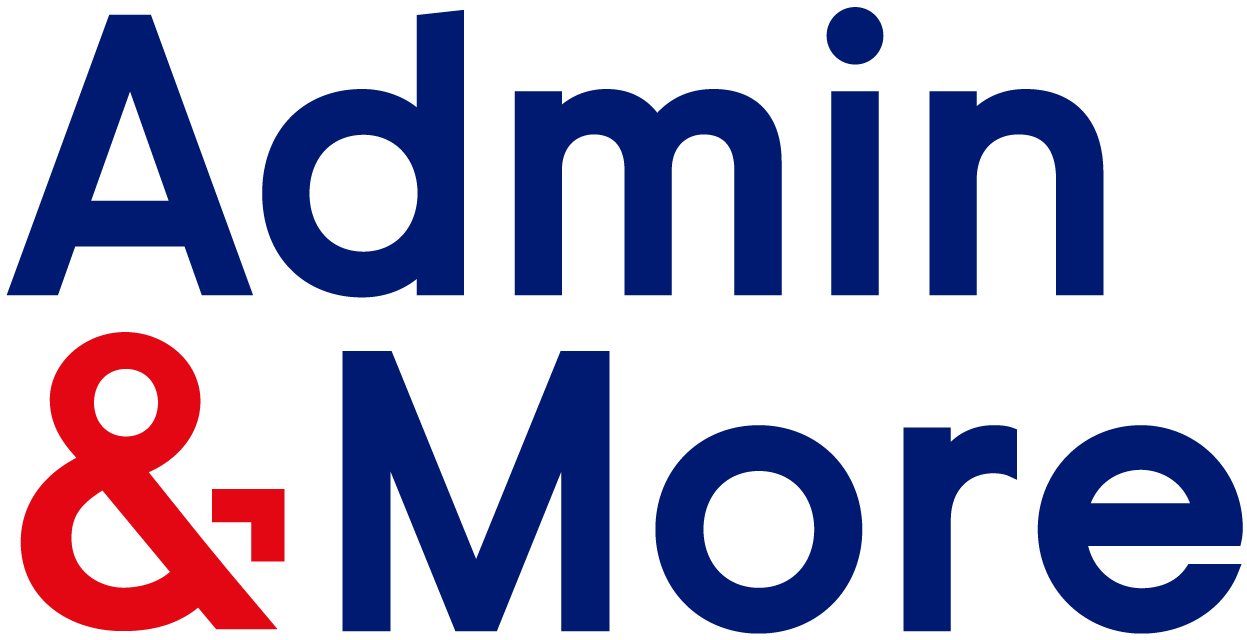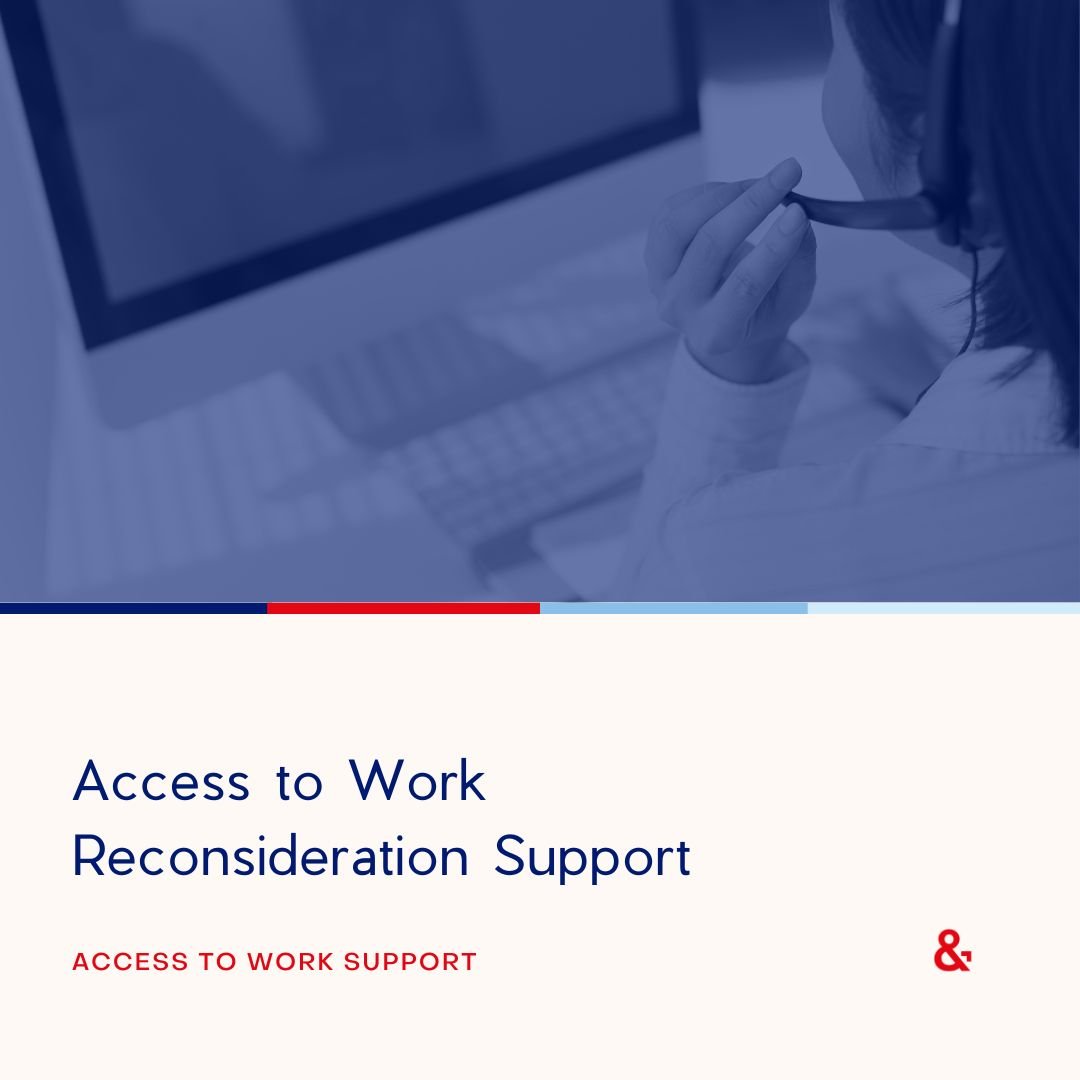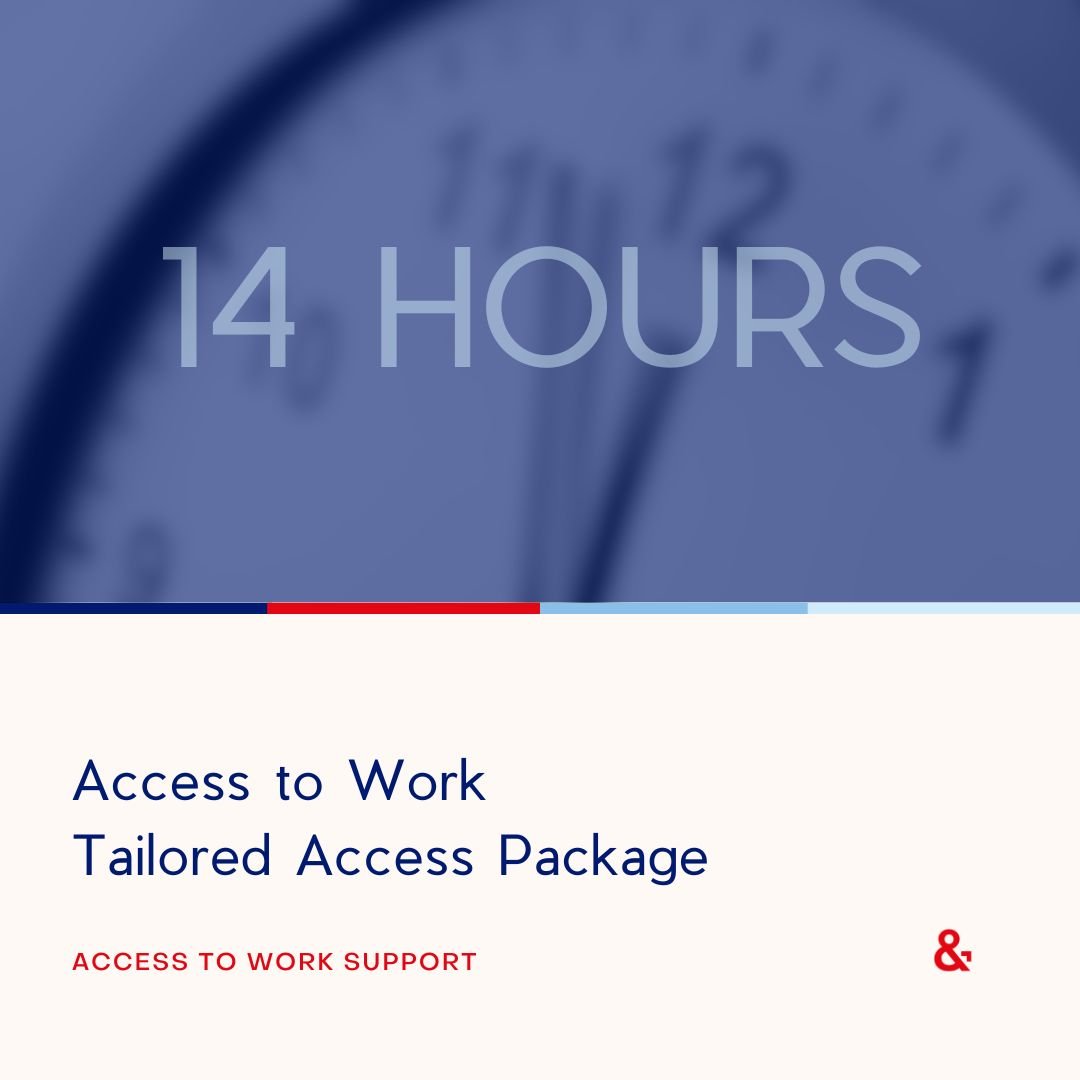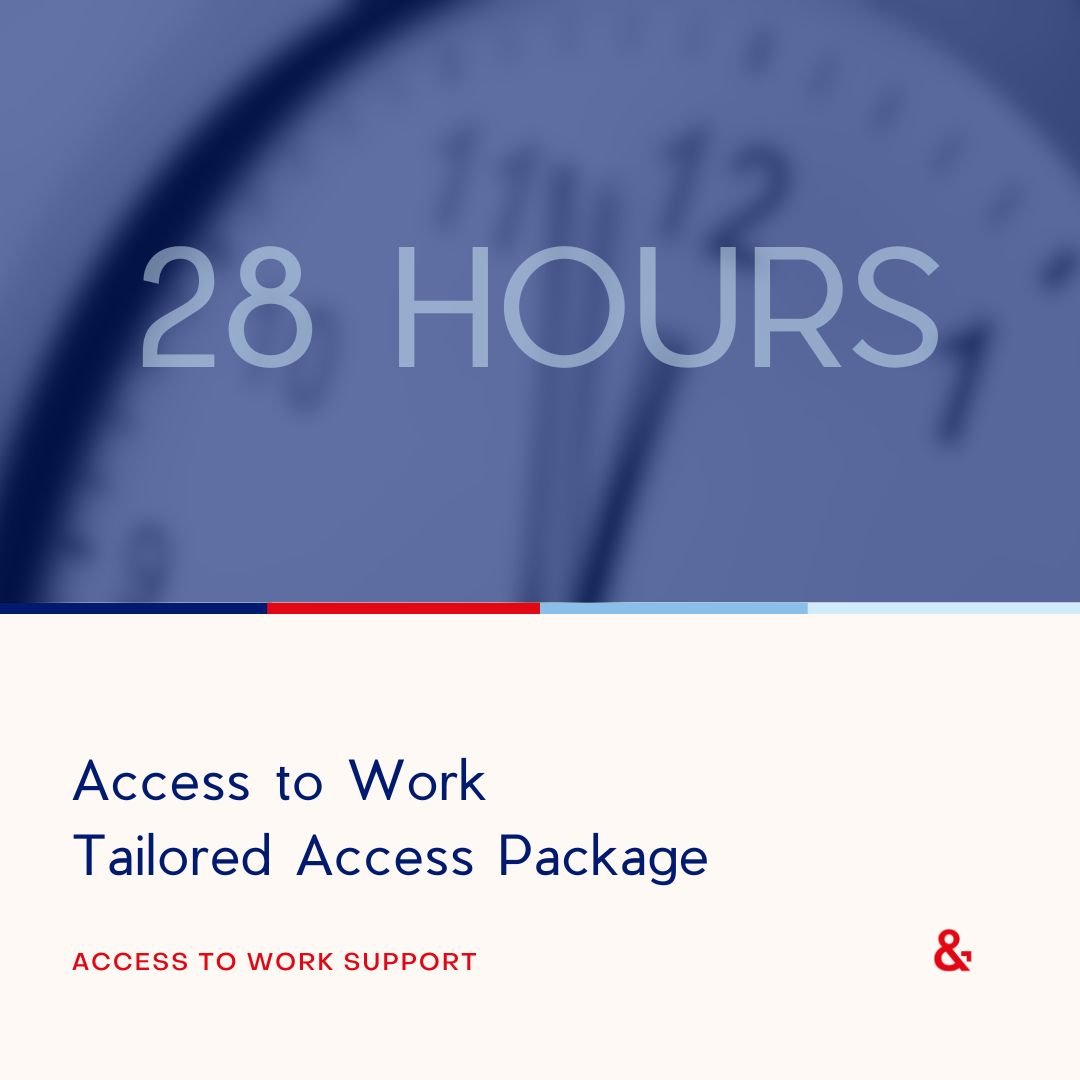What is Access to Work?
Access to Work is a government-funded programme for disabled people and those with long-term health conditions. The programme provides funding for the extra costs that disabled people face at work, such as specialist equipment, adaptations to the workplace, or support from a personal assistant.
There are plenty of ways you can use the grant. For example:
Sourcing specialist equipment to meet specific needs.
Adapting existing equipment to make it more accessible and functional.
By covering these costs, the programme helps ensure that disabled individuals can work more efficiently and comfortably, ultimately promoting a more inclusive and productive work environment.
The scheme is mainly aimed at people who are employed, but it can also be used by those who are self-employed and Directors of businesses. It provides support in the form of:
Adaptations to work premises
Equipment
Assistance with travel
A home working assessment
Support Workers in the form of a Personal Assistant or Coaching Services.
Eligibility Criteria for Access to Work
To qualify for Access to Work support, several conditions must be met. Here are the key eligibility criteria:
Residency and Age Requirements:
You must live and work in England, Scotland, or Wales.
You must be at least 16 years old.
You must be earning more than £6366.00 per year.
Employment Status:
You should already be employed, self employed or a Director of a company or you are in the process of interviewing for a position.
Disability or Health Condition:
A disability or health condition that necessitates some form of workplace support is required.
Make sure you meet these criteria before applying for assistance through Access to Work.
Does Access to Work Provide Communication Support Such as British Sign Language Interpreters?
Absolutely, Access to Work can certainly provide communication support, including services like British Sign Language (BSL) interpreters. This program is designed to help employees with disabilities by covering costs related to communication assistance. Here's how it works:
Interpreters: Whether you need a BSL interpreter for meetings or daily communications, the grant can cover these expenses.
Note Takers: If you require someone to take notes during discussions or presentations, Access to Work can fund this support as well.
Lip Speakers: For individuals who lip-read, the program can provide qualified lip speakers to facilitate better understanding.
These services aim to ensure you can perform your job effectively and communicate seamlessly in the workplace. By addressing your specific needs, Access to Work helps create a more inclusive and accessible working environment.
Admin and More are proud to partner with Positive Signs who help with Access to Work Applications specifically for interpreters
Why is there such a low take-up rate for Access to Work?
The main reason for the low take-up rate is awareness, and there are a number of reasons why people might not be aware of the Access to Work scheme.
People may not be aware of the scheme due to its name, which may sound inaccessible and unapproachable.
It is possible that people do not know how to apply for the programme. The onus is on the individual, rather than an employer, to apply for the programme. This means that many people who would benefit from it may never know it exists or, if they do, find it hard to apply for.
To address the low application rates for Access to Work support, we need to make sure that people know about the support available. We think this can be done by communicating the availability of this support to a wider audience.
We also need to make sure that people know what AtW is, so they can understand its benefits and how it can help them in their employment journey.
Can Access to Work Cover Travel Costs for Those Unable to Use Public Transport?
Absolutely, Access to Work can help with travel costs for individuals who find using public transport challenging. This assistance ensures that everyone has the opportunity to commute to their workplace with ease. Here’s how this support can be utilised:
Taxi Fares: If public transportation isn't feasible due to a disability, Access to Work can subsidise taxi fares, helping you reach your workplace reliably.
Adaptations to Personal Vehicles: For those who drive, the grant may cover modifications to your vehicle to accommodate specific needs, ensuring a safer and more comfortable journey.
Alternative Travel Options: Depending on your unique circumstances, you might receive aid for other travel arrangements that better suit your requirements.
This means that whether you need a taxi service for your daily commute or adjustments made to your car, Access to Work is there to support your travel needs.
Why is low access to support problematic?
There are a variety of knock-on effects for disabled employees, the employer and wider society when low access to support is present.
The employer will often have to pay for additional costs such as retraining, recruitment, and hiring new staff. This will be more expensive than providing the appropriate support in the first place.
For disabled people themselves, they might not be able to work at all if they don't have access to support. They may also feel isolated or depressed because of their disability, which can lead to various mental health issues.
Understanding Reasonable Adjustments Under the Equality Act 2010
The Equality Act 2010 mandates that employers must make reasonable adjustments for employees who qualify as disabled. This requirement ensures that individuals with disabilities are not disadvantaged in the workplace.
What Are Reasonable Adjustments?
Reasonable adjustments are any modifications or accommodations that help disabled employees perform their job duties effectively. These can include:
Physical Changes: Altering the workspace to improve accessibility (e.g., installing ramps or ergonomic furniture).
Flexible Work Arrangements: Offering flexible hours, remote working options, or part-time shifts.
Assistive Technology: Providing specialised software or equipment to aid in completing tasks.
Policy Modifications: Adapting company policies to accommodate specific needs, such as allowing additional breaks.
Key Points to Note
Legal Obligation: While employers must provide reasonable adjustments, this differs from the concept of being formally registered as disabled.
Financial Support: It's worth noting that the Access to Work scheme does not cover the costs associated with making reasonable adjustments, so employers need to plan for these expenses.
Employers are encouraged to proactively consider and implement these adjustments to foster an inclusive and productive work environment.
Why should you apply for Access to Work support?
Access to Work is a government-funded programme for disabled people and those with long-term health conditions. The programme provides funding for the extra costs that disabled people face at work, such as specialist equipment, adaptations to the workplace, or support from a personal assistant.
The Access to Work scheme will offer support based on your needs and it can include a grant to cover the costs of support in the workplace. This scheme offers disabled people an opportunity to get the support or assistance they need to start a new job or stay in work. The Access to Work grant does not need to be paid back.
There is a cap on the Access to Work grant amount. Each year, this limit is evaluated to ensure it meets current needs. As of now, the maximum available grant is £66,000. This figure is subject to change, with the next review scheduled as we now have a new government.
If you are interested in applying for Access to Work, it is important that you know about the application process and what happens after you have applied. You need to prepare your application in detail so that you can get the most out of this opportunity.
How Admin and More can help?
To apply to the scheme, you need to fill in a lot of paperwork, which can be overwhelming. Admin and More have launched a series of packages to assist you when applying for the scheme as we want to make your life easier, so you can access the help you need.
We can complete the application on your behalf so you can be reassured that the application has been filled in and submitted correctly. Alternatively, we offer guidance for specific sections of the application if you do not need support with the entire application. This includes support with the initial application, sourcing quotes, and submitting payment claims on your behalf. Our team are available to answer any questions you have along the way.
How to Apply for Access to Work
Individual Claim: The individual makes the claim via the government website, not the employer. This is crucial to remember as it places the responsibility on you, the applicant.
Financial Considerations: Some costs may need to be paid up-front by the employer and reclaimed later. It's important to be aware of this to manage your finances effectively during the process.
Case-by-Case Evaluation: Each application is handled on an individual basis, and the amount received will depend on the specific support required. This ensures that your unique needs are taken into account.
Grant Limits: There is an upper limit to the grants available, which is reviewed each year. Currently, the cap is set at £66,000, but this is subject to change, so always check for the most up-to-date information.
If you are interested in applying for Access to Work, it is important that you know about the application process and what happens after you have applied. You need to prepare your application in detail so that you can get the most out of this opportunity.
Want more information?
You can see all the packages we can help with by clicking here.







